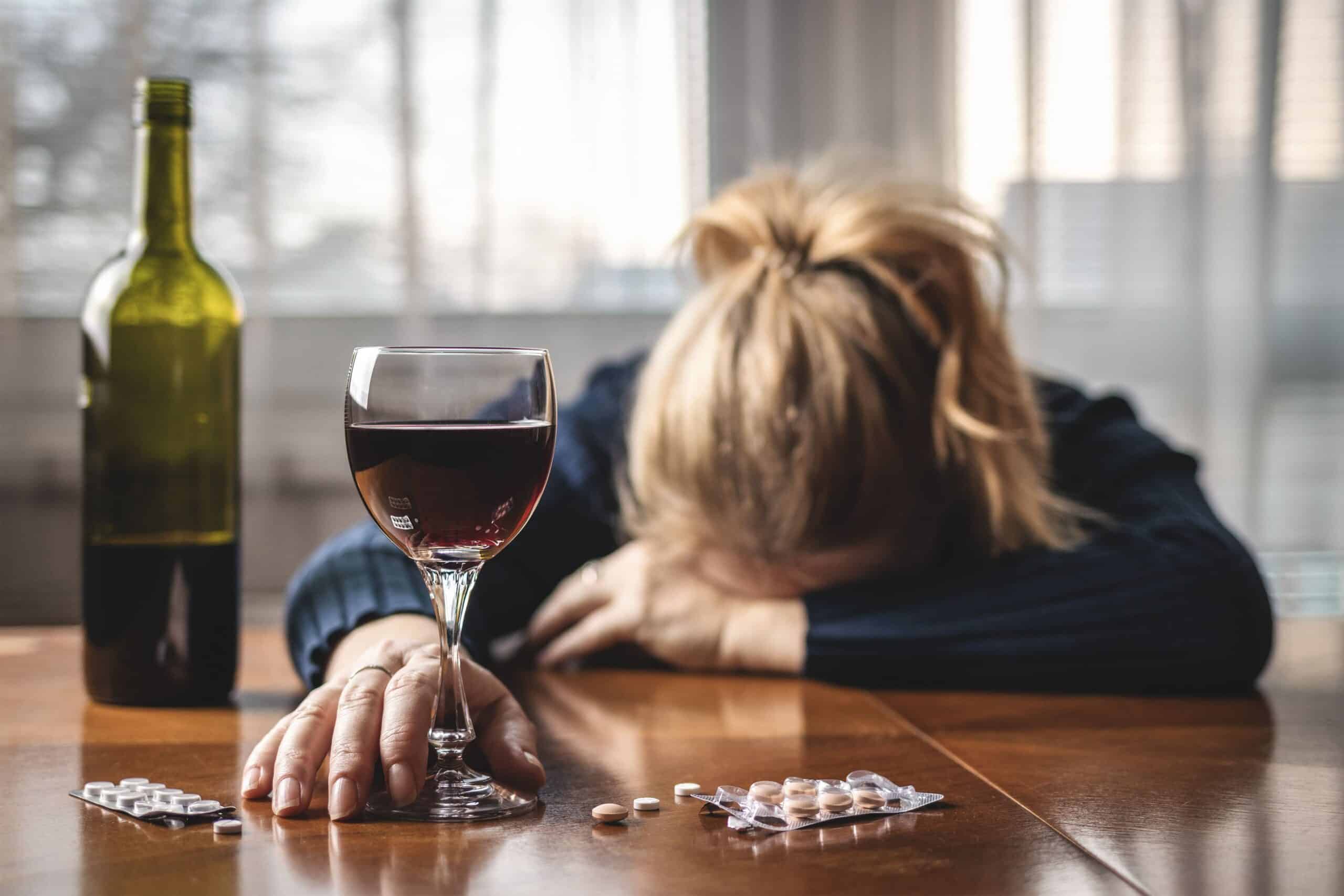
Polysubstance abuse is a dangerous behavior that involves the intentional misuse of two or more drugs at the same time. There’s no such thing as safe polysubstance abuse, but some drug combinations – such as mixing benzos with alcohol – can be especially hazardous.
Before we address the many potential dangers of mixing benzos with alcohol, let’s take a moment to clarify what, exactly, we’re referring to when we talk about benzos.
Benzos is short for benzodiazepines. These drugs are central nervous system (CNS) depressants. They are sometimes also described as sedatives. Benzos are prescription medications that are most commonly used to treat people who have been experiencing anxiety, insomnia, or seizures.
The following are examples of frequently prescribed benzos:
When a person takes benzos, they often experience effects such as mild euphoria, deep relaxation, and an easing of stress. In addition to being valuable to people who have been diagnosed with certain medical or mental health conditions, these effects also make benzos attractive to people who are seeking a certain type of recreational high.
People who combine benzos with alcohol frequently do so because they believe they will experience more intense pleasurable effects than they would if they took either of the drugs on their own. Unfortunately, the more intense high that can result from this combination may also be accompanied by considerable damage.
Though the initial impact of alcohol can include stimulating effects such as talkativeness and elevated mood, the drug eventually acts as a depressant. Mixing benzos with alcohol can intensify this effect, which can lead to the following:
Each of these effects can be dangerous. But the impact of alcohol and benzos on a person’s ability to think clearly and make sound decisions may be particularly hazardous, and could lead to the catastrophic outcome of a fatal overdose.
If you accidentally mix alcohol and benzos, the first step you should take is to immediately stop drinking and cease any further benzo use.
If you feel that you are about to lose consciousness – or if you observe signs of benzo overdose in someone that you are with – you should call 911 or otherwise summon an emergency first responder in your area.
In cases of benzo overdose, rapid access to appropriate medical attention can literally be the difference between life and death.
Mixing benzos with alcohol can put a person in danger of becoming addicted to one or both of these substances.
When a person becomes addicted to alcohol or benzodiazepines, they will lose the ability to control the amount and frequency of their substance abuse. They will also begin to develop tolerance, which means that they will need to use larger amounts of these drugs in order to achieve the effects they are seeking.
If a person who has become addicted to one or both of these drugs tries to stop using them, the rapid onset of powerful cravings and other distressing withdrawal symptoms can quickly push them back into active use.
Addiction to alcohol and benzos can be life-threatening. In addition to facing the ever-present risk of overdose, people who have become ensnared by addiction may also be at elevated risk for the following problems:
Untreated addiction to benzos and/or alcohol can also lead to the following social and emotional difficulties:
There is one glimmer of good news: Both alcoholism and benzo addiction are treatable conditions. With proper care and a concerted effort, people can end their use of these dangerous substances and build a foundation for a healthier, drug-free future.
Treatment for alcohol and benzo addiction can take many forms. Before a person begins treatment, they should be thoroughly assessed to determine the full scope of their needs. Based on this evaluation, their treatment team may recommend the following options:
Within these programs, patients may receive both medical and therapeutic support.
Certain medications can alleviate cravings and some other withdrawal symptoms, which can make it easier for people to end their alcohol and benzo use.
The therapeutic component of treatment can help people in myriad ways, including processing how they have been impacted by addiction, developing essential relapse prevention skills, learning how to repair damaged relationships, and discovering the power of active engagement with other members of the recovery community.
When you are trapped in the darkness of active addiction, it can be virtually impossible to see the path toward successful recovery. But please know that you are not alone. The help you need – and the healthier future you deserve – may be much closer than you realize.
When you choose Los Angeles Detox, you can receive comprehensive, personalized care from a team of highly skilled professionals. Our benzo and alcohol addiction treatment center in Los Angeles, California, is a safe place where you can end your self-destructive behaviors and regain control of your thoughts and actions. With our help, you can start living a more satisfying and hopeful life, free from the constraints of compulsive substance abuse.
To learn more or to schedule a free assessment, please visit our Contact page or call us today. We look forward to answering all your questions and helping you decide if LA Detox is the perfect place for you.
How long does cocaine stay in your system – and why do some people test…
It’s a sweet, syrupy mixture that has been celebrated in rap music for decades. But…
Meaningful discussions of LGBTQ+ and addiction must address the unique challenges faced by members of…
Alcohol abuse can put a person at risk for a broad scope of serious health…
In certain circumstances, stimulants such as dextroamphetamine and Adderall can help a person experience improved…
SMART Recovery is an alternative to AA and NA for people who are looking for…
This website uses cookies.